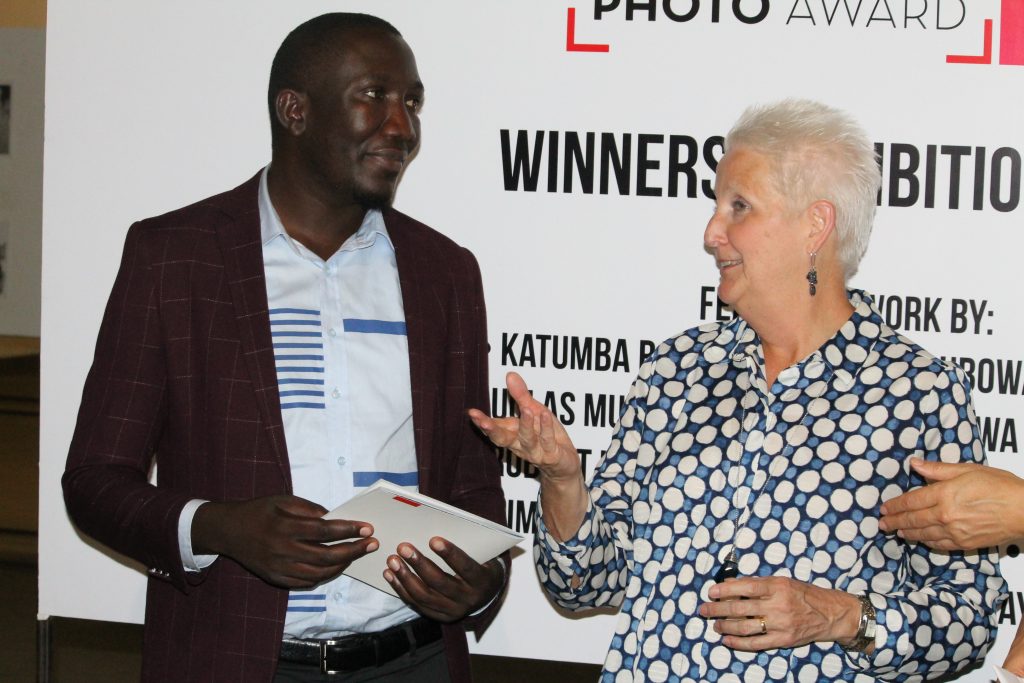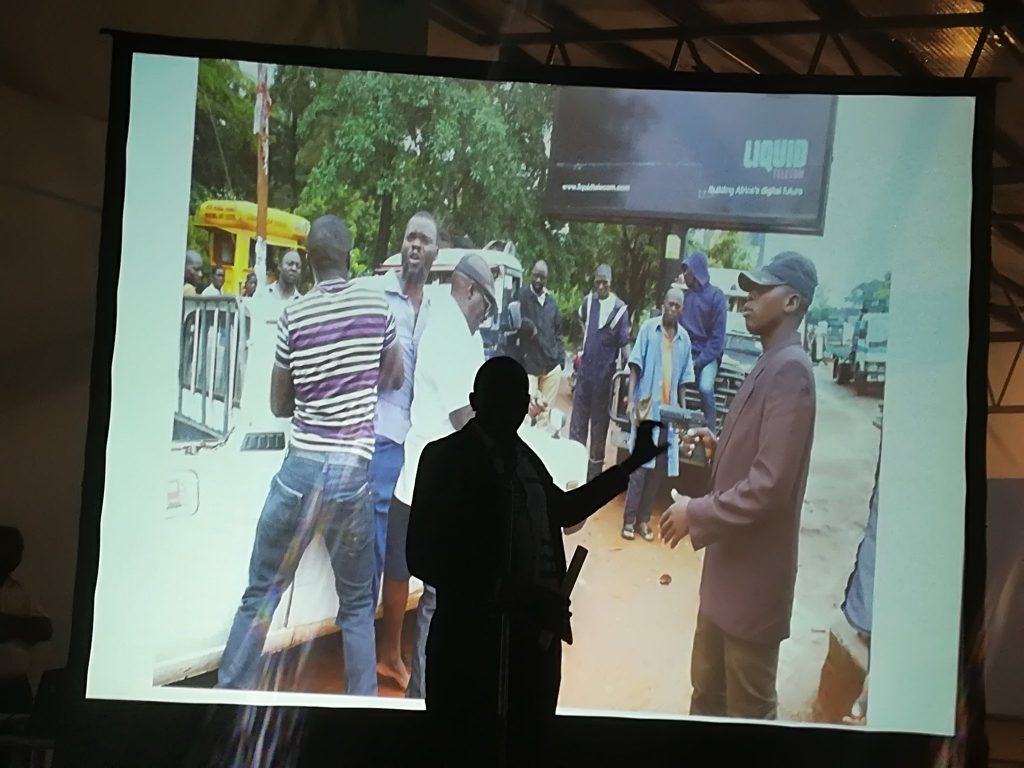The U.S Ambassador to Uganda H.E Deborah Malac has decried the continued violation of media freedom by authorities in Uganda which she said threatens the constitution and development.
She said that rights of journalists continue to shrink in the midst of recent cases of harassment and intimidation, including shutting down of news outlets.
Ambassador Malac made the remarks during an event to commemorate 5 years of the Uganda Press Photo Award (UPPA) at The Square Place in Kampala on Tuesday evening.
“Press freedom is under assault in Uganda and reversing this troubling, deeply disturbing trend requires action from all of us,” the Ambassador said, lauding the bravery and courage exhibited by journalists “in the face of rapidly shrinking media environment”.
Malac alluded to the recent arrest and detention of eight senior staff members of ‘Red Pepper’ news tabloid over an “offensive” story, saying that authorities could have used legal avenues to challenge the publication.
“If government believes that media stories contain falsehoods, there are certain ways – through the courts to challenge those stories other than simply harassing or arresting journalists or shutting down media outlets,” Malac told an audience of mainly journalists at the event.
In the same light, she condemned a recent decision by Uganda Communications Commission (UCC) to close Kanungu Broadcasting Service (KBS) for alleged offensive communication.
“Authorities have arrested multiple journalists in recent months over stories they have published but this undermines the constitution and development,” she pointed out, renewing her call to government to safeguard press freedom.
An independent press, according to Malac, is an absolute element of a strong democracy and countries thrive when citizens are well informed through a professional and free media.
But the diplomat equally challenged the press to uphold its reaponsibility of fairness and factual reporting.
She commended the work done by Uganda Press Photo Award in supporting a free, vibrant media and promoting the best of photojournalists.
At the same event, the Ambassador launched the UPPA book which currates a wide range of photographs captured by journalists (entrants of the Award) since 2012 when UPPA was birthed.
“This is an opportunity to take a step back and reflect on the advancement of journalism over the last 5 years and honor the role that UPPA has played in contributing to those achievements,” Abassador Malac noted.
Earlier, Abubaker Lubowa, a seasoned photojournalist with Daily Monitor delivered a keynote presentation, reflecting on the difficult environment within which he and other journalists in Uganda operate. But for photojournalists, he said, the risks are greater since theirs is a frontline role.
“A photo will never lie. Books can be closed, pens can be broken but you can never burn a photo because it will forever be stuck in one’s mind,” Lubowa said.
He has on several occassions been arrested and assaulted by police officers in the line of his work.
“I have been arrested, tortured and intimidated. I was ordered by police to leave the court premises when the Kaweesi murder suspects were first brought to court. I was forced out on gun point,” Lubowa recounted.
On top of receiving numerous anonymous phone calls threatening him for covering Opposition news events, he was banned by state authorities from covering President Yoweri Museveni events for the same reason.
“Where is the freedom? Why arrest me for doing my job? I don’t tell Kizza Besigye to go on the streets. Mine is to go where the news is,” the award winning photographer said.
He hailed UPPA saying the annual Awards have offered photojournalists in Uganda a platform to guage themselves but also to write Uganda’s history through photography.
UPPA was initiated in 2012 by the Foreign Correspondents’ Association of Uganda (FCAU) with support from Friedrich-Ebert Stiftung (FES) to raise the calibre of press photography and offer platform for talent nurturing.










